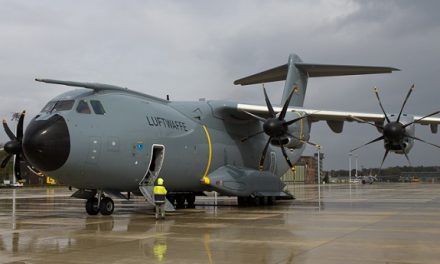
Static fuel prices create socio-economic conundrum

By Josef Kefas Sheehama.
The Minister of Mines and Energy has decided to maintain the prices of petroleum products at the existing levels therefore fuel prices in August will remain as they were for the month of July 2022.
Record fuel prices are causing stress for households and businesses. Fuel price figures gathered from the global oil market suggests a price change of US$29 on average. This means that unleaded petrol traded at US$130.46 per barrel compare to US$159.27 while the average for diesel closed at US$141.55 per barrel in contrast to US$170.25 at the end of June. The exchange rate for the period of July is favourable. The Government needed to cut the price of petrol and diesel through an immediate reduction and passing on the benefit to Namibians.
If the government was serious in reducing fuel prices, they should have reduced by N$0.50 to provide relief to Namibians. That would have had a real positive impact on the economy. Otherwise, this is purely window-dressing and won’t help matters. The aim is to reduce pump fuel prices in a bid to reduce the cost of living. The government has the duty to protect its stakeholders, including consumers and businesses. The measure may arguably become a stimulus to the economy through price reduction and increased consumption multiplier effects. A reduced pump price is good news for final consumers. The petrol price in South Africa is set to drop by R1.32 per litre for August, while Namibian fuel prices remain unchanged.
The Namibian population is frustrated with this situation because over the past few weeks, fuel prices in the international market have decreased. Hence, technically the fuel rates in Namibia should also have gone down fairly but local fuel prices continue to remain prohibitively high. Also, the cost of fuel in neighboring regions like South Africa reduced.
Oil is one of the important strategic commodities which guarantees the development of modern industry and economy. It is also an important resource, which is scrambled for by various interest groups in the global oil market. Generally, fluctuations in the price of oil are regarded as the barometer of changes in the world economy.
Furthermore, with the Namibia dollar pegged one-to-one to the South African rand, it is likely for the Bank of Namibia to hike the repo rate by 0.75bps on 17 August 2022. Due to the drop-in world crude oil prices, the Namibian government was supposed to immediately reduce the price of fuel. The coming period will test the government’s capacity to adjust and the regime’s ability to maintain itself. A decline in global crude oil prices was widely believed to provide relief to consumers by way of sharply lower retail price of petrol and diesel. But the reality has turned out to be something else. The move was expected to benefit consumers as oil and product prices had started falling from then. Therefore, if oil prices are rising, we are still facing rising living costs and our disposable incomes will not go as far, forcing us to cut back on some purchases, because salaries cannot keep up with inflation.
Moreover, since high and volatile prices are likely to be a permanent feature of the global economy for the foreseeable future, they merit a reconsideration of the national policies that were put in place when fuel prices were not such a significant component of trade-related costs. Also, the Motor Vehicle Assistance Fund levy, road user levy, and the National Petroleum Corporation of Namibia levy will remain at their current levels. The pain will continue. It is undeniable that the rise in fuel prices leads to the widening of the gap between the rich and the poor. This is due to the fact that people are greatly affected by the price of basic necessities such as food and fuel in particular.
Rich people will still be able to afford such things but the poor will face greater challenges as the popular saying goes: “The rich get richer, and the poor get poorer.” For instance, when money is used to purchase consumer products that are necessary for survival, then less money will be spent on health and educational purposes and others. Thus, it is clear that the high fuel prices will put further stress on the differences between the rich and the poor which is such a tragedy. The reduction in international fuel prices afforded Namibia an opportunity to reduce local fuel prices, even if just for the month of August.
To this end, in the long term the population trend or demographics of the society will be greatly affected. This means that new families will consciously decide not to have too many children in order to increase their quality of life. The families with less children will surely spend less on basic necessities like food, clothes, transport and many more. Hence, the demographics of the whole country will be affected and this in turn will reduce our workforce which will affect our country’s productivity and prosperity.
Finally, there are many short to long term effects of a fuel price increase which includes more crimes like hoarding and smuggling, again leadiong to the widening of the gap between the rich and the poor as well as a change in demographics. I still strongly believe that the rising fuel prices hav pushed up the price of other consumer products and this will surely cause a negative impact on society. The government must find a way to stabilize the fuel price at a reasonable rate so that it does not affect the productivity of this country for achieving the aspirations of the nation for Vision 2030.












































